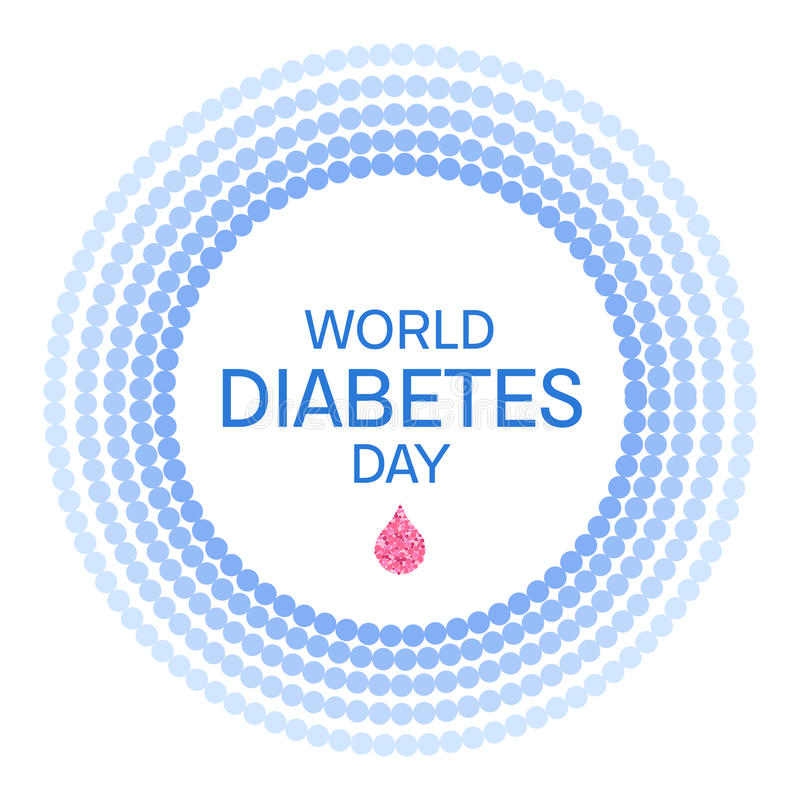Dr Ifedayo Odeniyi, a consultant endocrinologist and diabetes educator has urged the media to help publicise the truth about diabetes mellitus, a metabolic disease characterised by hyperglycemia, noting that by putting out the correct information, the media will be helping to dispel the many myth of the condition in Nigeria.
Speaking during a one-day capacity building workshop on diabetes for journalists, organised by Sanofi Aventis Pharma Nigeria to mark the 2017 World Diabetes Day and held at Shoregate Hotels, Ikeja, Lagos, Dr Odeniyi said a person with diabetes basically has high blood glucose either because they are not producing enough insulin, or because the body does not respond properly to insulin.
He dismissed the notion that people can avoid diabetes by avoiding sugary drinks and sweet foods, stressing that diabetes is not only caused by taking sweet things. Genetics and immune system dysfunction, he said, have a role to play in the development of the condition.
The endocrinologist also flayed those who says they don’t have to be worried about diabetes because there is no history of diabetes in their family, stating that while family history of diabetes always place people at a higher risk of developing the disease, those without such history can also have the condition.
Another myth of diabetes busted by Dr Odeniyi, was the idea that diabetes occurs only in older people. Two major types of diabetes, he said, exists and they can occur at any age, although type 1 diabetes is more common in young people while type 2 diabetes is common with increasing age.
He also dispelled the concept that diabetes patients must compulsorily be a special diabetic diet, noting that people with diabetes are only advised to embrace healthy eating habits and lifestyle modification. Their diet, he said, should be to help reduce hyperglycaemia, glotoxicity and lipotoxicity.
Dr Odeniyi, however advised people living with diabetes to avoid/reduce fried oily foods, butter, dairy products, carbonated drinks, alcohol, sweets, sucrose, ice creams, salty foods and large infrequent meals.
Dr Odeniyi, who is also a senior lecturer, Department of Medicine, College of Medicine, University of Lagos/Lagos University Teaching Hospital, speaking further at the event attended by an array of newsmen from print and electronic media equally dispelled the notion that there are some herbs and drugs that can completely cure diabetes, stating that there is no cure for the condition. Diabetes mellitus, he said, can however be properly managed and controlled if patients carefully follow the instructions of a diabetologist/endocrinologist.




